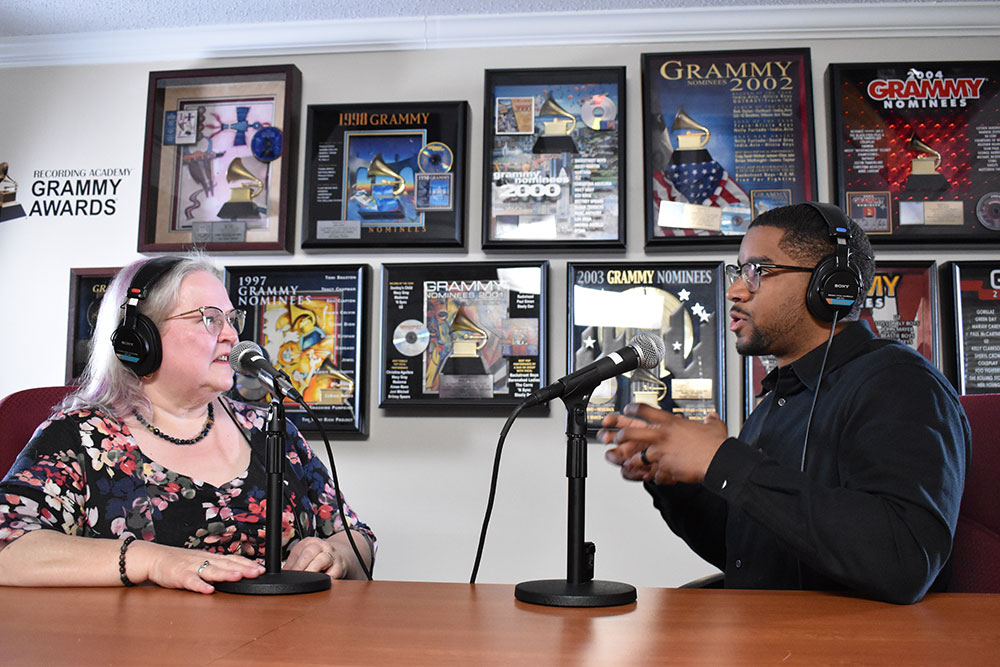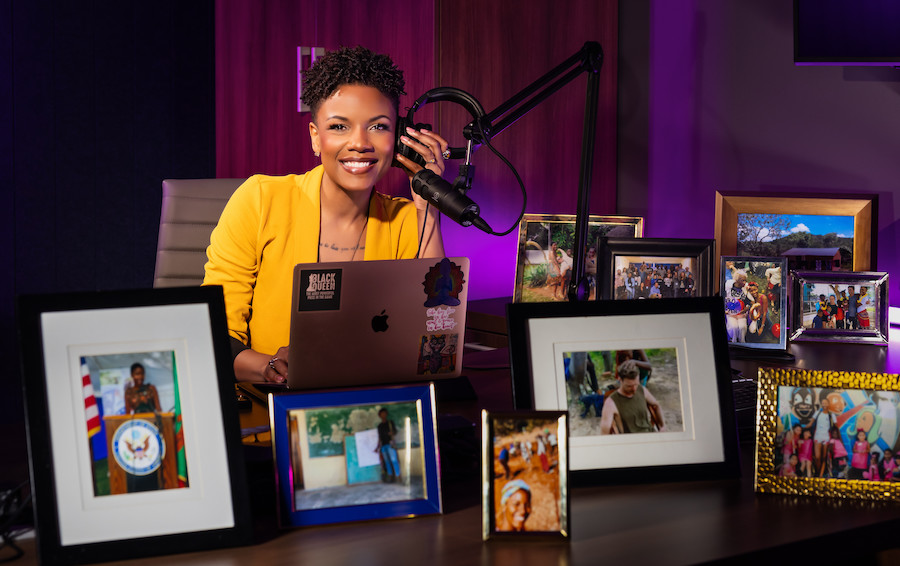
National Collegiate Sales Competition Turns 20 Years Old
KENNESAW, Ga. | Mar 22, 2018
The best sales students from around the country will spend spring break at Kennesaw State University participating in the 20th annual National Collegiate Sales Competition, the world’s oldest and largest university student sales competition.

Hosted by the Michael J. Coles College of Business’s Center for Professional Selling April 3-6, the NCSC includes 72 undergraduate sales teams and eight graduate teams competing in a series of 20-minute sales role-plays. The competition gives students the opportunity to practice and improve on their sales skills, while also demonstrating those skills to the nearly 50 companies that sponsor and attend the event looking for potential new recruits to their sales teams.
The NCSC is the brainchild of Dr. Terry Loe, Co-Director of the Center for Professional Selling. A lifelong baseball player and a 35-year veteran in industry sales and sales education, Loe sees the NCSC as a great way to combine his love for competition with his passion for teaching others the science of sales.
While teaching professional sales at Baylor University in the late 90s, he and his fellow faculty developed the NCSC as a way to promote professional selling as a credible and honorable profession.
“We were trying to elevate the sales profession and help other schools develop sales programs,” Loe says. “This is a way to get industry and academia together and establish the basic principles of sales on which we can all agree.”

Dr. Terry Loe, Director of the Center for Professional Selling
Baylor hosted the event until 2003 when Loe left to help the Coles College of Business establish its professional sales program. Kennesaw State has hosted the NCSC every year since, with the competition playing an important role in establishing the University as an international leader in sales education.
Thirteen universities competed in the first NCSC in 1999. Today, 80 universities participate each year.
The competition takes the form of three rounds of 20-minute sales role-plays. Each student plays the part of a salesperson meeting with a fictional company, with representatives from the NCSC’s corporate sponsors portraying the prospective buyers. Weeks before the competition, students receive sheets detailing the specifics of the meeting, including background information on the buyers and their companies.
A panel of five corporate judges and two faculty judges watch a live stream of each role-play and score them based on 25 criteria, such as whether the student made good eye contact, presented a business card, set the agenda, or led with an effective attention-getting statement.
While the competition has changed somewhat during the last 20 years – organizers replaced the original round robin format with an elimination format ten years ago – the mechanics of the role-play and how it is judged have remained the same.
“We’re looking at the basic skillset needed to take a person through a sales call,” Loe says, “and that has never changed. Whether you are doing it in person, over the phone, or on a webinar, the process is the same. The competition is about taking someone from introducing themselves all the way to gaining commitment to buy.”

Sales Role-Play
Loe believes role-play is the most effective way for students to reinforce the theory they learn in the classroom.
“It’s like a baseball player trying to learn baseball by reading a book,” he says. “If I read a book and try to hit a fastball thrown by a professional at 90 mph, I’m probably not going to have success. But if I have been practicing and reading the mechanics of it, and recording myself, I can see what I’m doing and make adjustments. My muscle memory is going to be there when I get into a live situation.”
Kennesaw State University student Megan Colapinto, a professional sales major who recently competed in the Granite Sales Open for a position on the NCSC team, appreciates how role-play competitions help students prepare for real sales jobs.
“They are really great experiences because you are putting yourself outside of your comfort zone and surrounding yourself with people who also want to be outside their comfort zones in order to grow professionally,” she says.
Colapinto’s teammate Zachary Newsome shares her enthusiasm.
“There really is a gamesmanship to role-plays,” he says. “I can’t think of a lot of real world sales situations where you would be kicked out in 20 minutes, but it’s really great for learning and understanding the process. It’s about practice, doing your research, and working with the team.”
In addition to giving students the chance to hone their craft through role-play, the NCSC allows them to network with some of the most prominent businesses in the country. Each year between 40 and 50 companies sponsor the event, which covers the travel costs for all participating students. Meanwhile, the NSCS’s product sponsor Gartner provides valuable role-play training materials throughout the year.
The sponsors bring sales managers, salespeople, vice-presidents of sales, and sometimes even their chief executive officer.
“They want to judge and watch these potential hires go through a sales call,” Loe says. “They enjoy doing that and it lends credibility to what we are doing. It proves that we’re not just a bunch of academics trying to do something that’s not real world.”
When the NCSC takes place next month, Loe is confident Kennesaw State’s team will perform exceptionally. Kennesaw State is one of only three universities to have won the event twice – once in 2005 and again in 2016. Last year Kennesaw State’s sales team came in fifth place.
Regardless of how Kennesaw State places, Loe says he is amazed that, after 20 years, the NCSC has become such an important event. It has inspired 14 other universities to hold similar competitions, and the NCSC has been incorporated into the most widely used sales textbook in the country.
“What we do is somewhat humbling because I never envisioned this,” he says. “I envisioned a large competition that all the schools in the country came to, but not the way it’s impacting a lot of what’s going on in sales education right now.”
- Patrick Harbin
Related Posts

Kennesaw State Partnership Equips Local Entrepreneurs with Tools for Success

Gathering Spot CEO Ryan Wilson on Building a Social Club to Inspire Connections.

Kennesaw State MBA student leveraging degree work for a cause

CEO Magazine Ranks Kennesaw State Executive MBA Top Program in Georgia, No. 11 in the World














